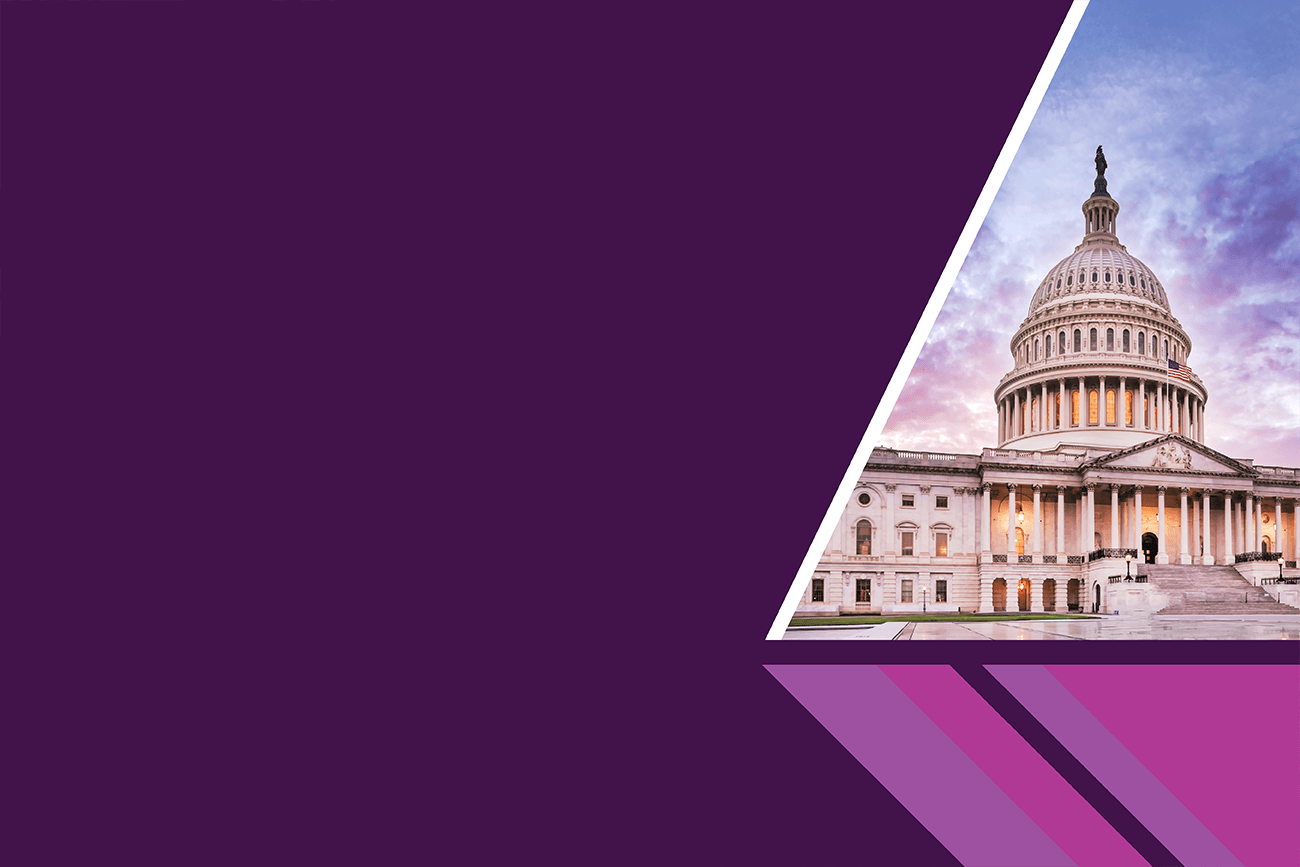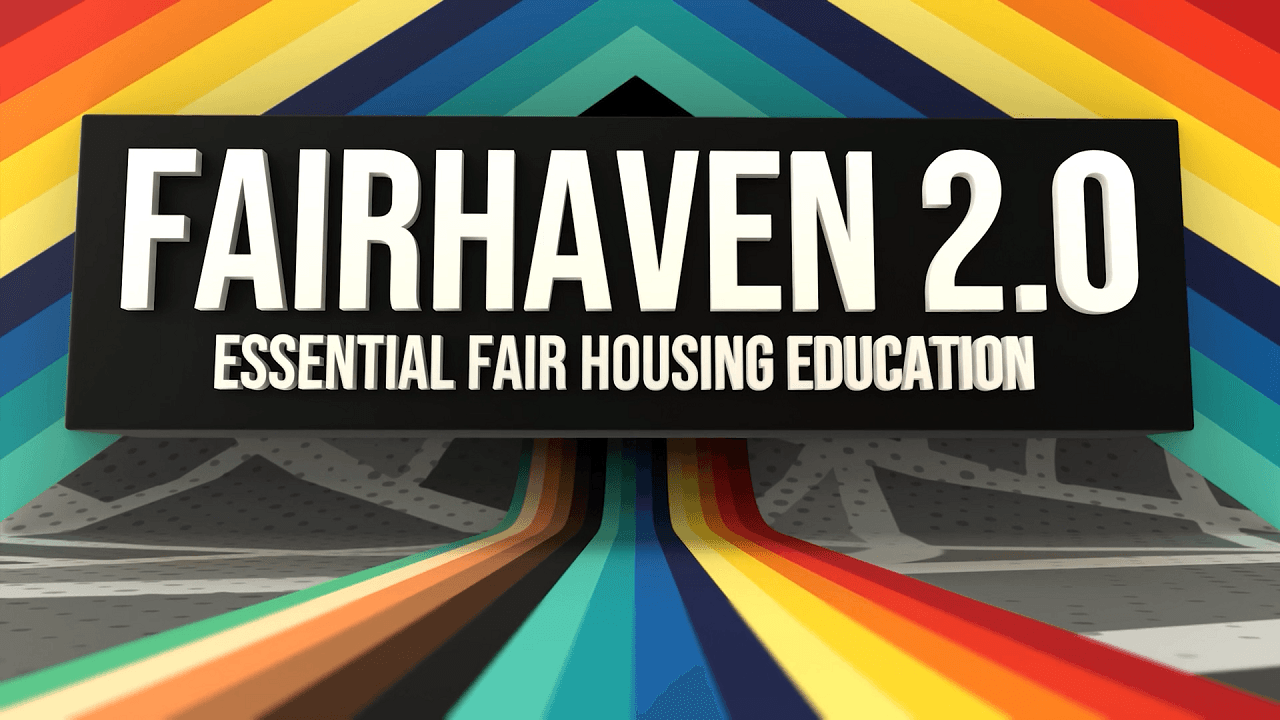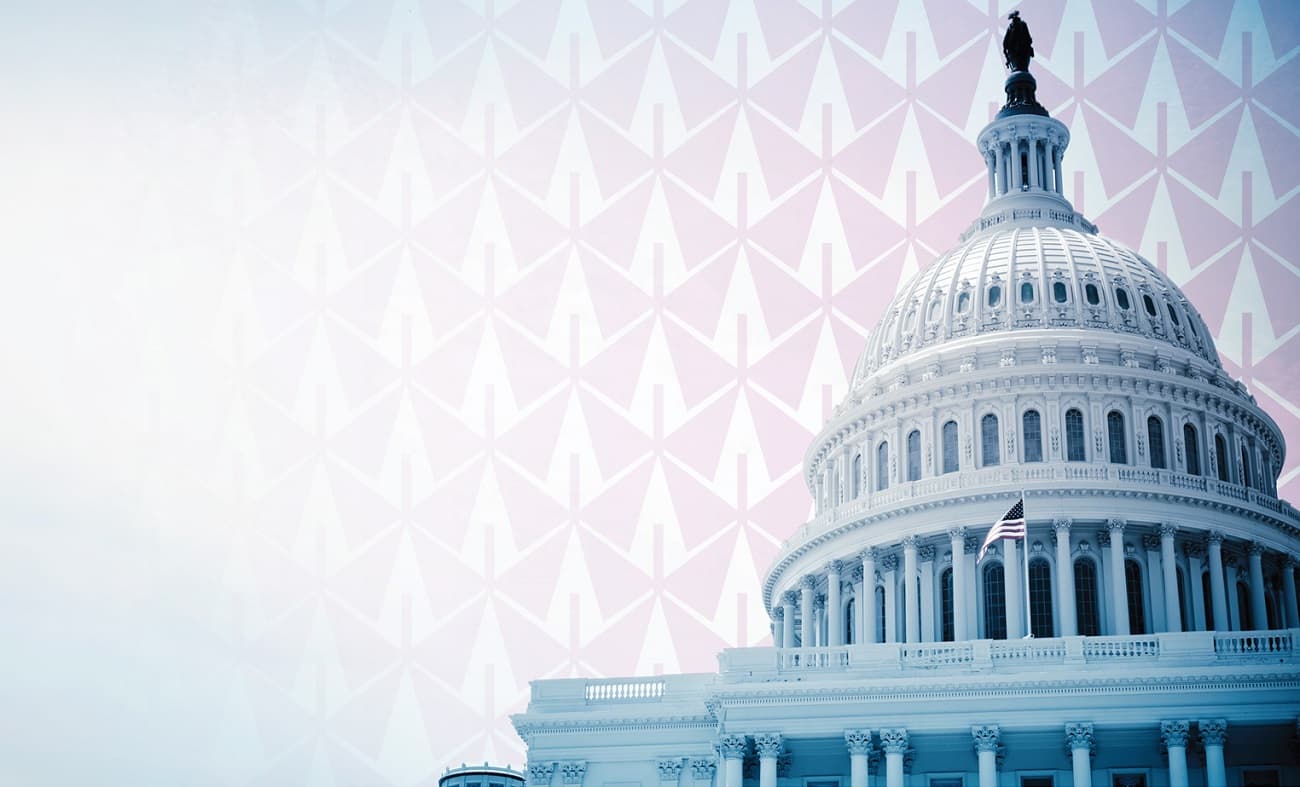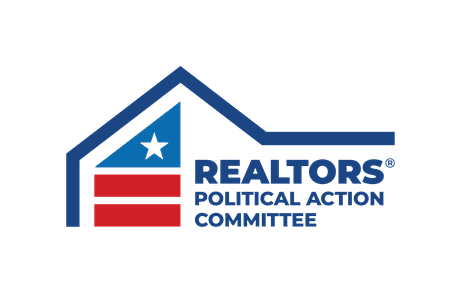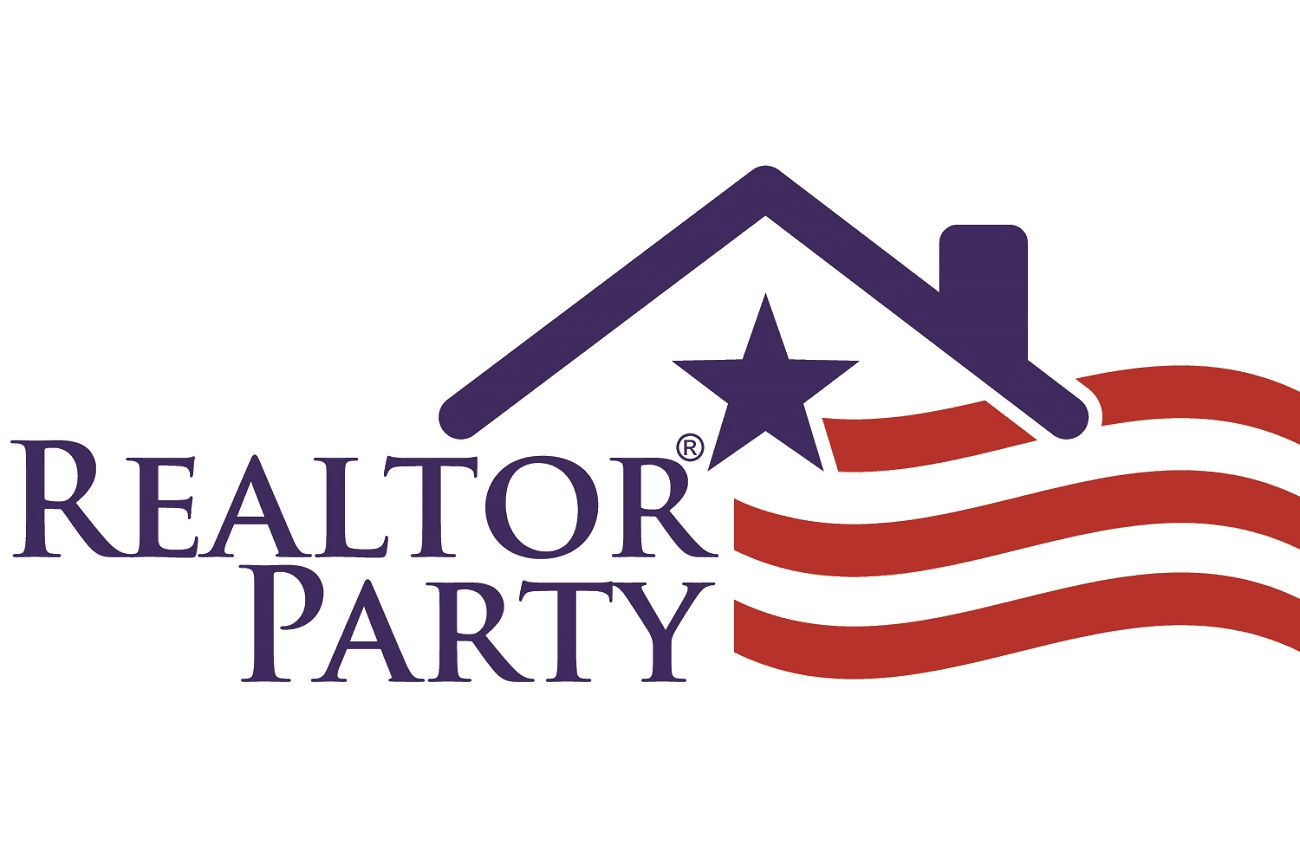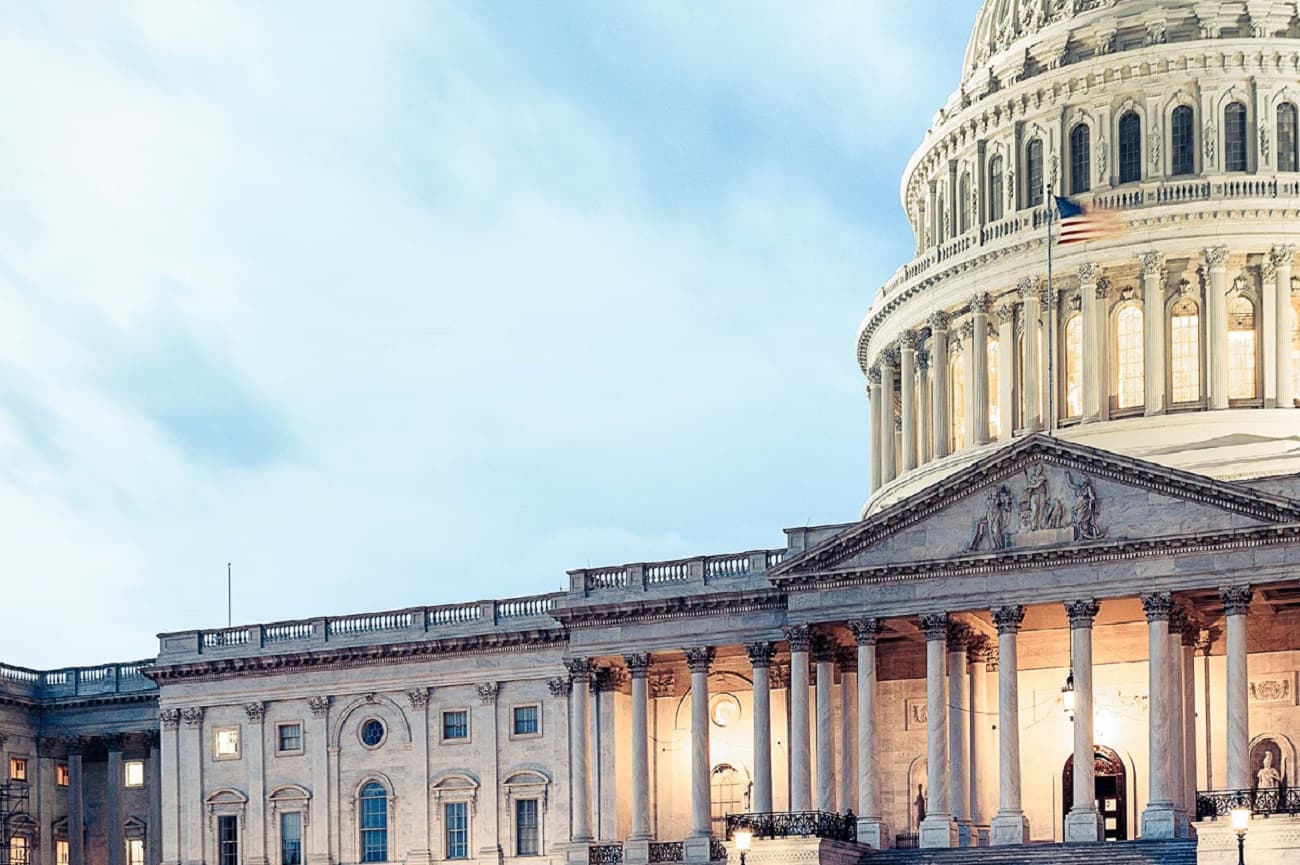
Make Your Voice Heard
Advocacy
NAR works diligently to make an impact on vital issues like housing supply and affordability, property rights and fair housing—that's The Advocacy Effect.
See the ImpactEmpowering Your Success Through Advocacy
As a champion for property rights and homeownership, you can help drive meaningful change by tapping into NAR’s extensive toolkit of programs, grants and resources—all designed to fuel your success and amplify your impact.
The Latest in Advocacy News
Advocacy at the Federal, State and Local Levels
Federal Advocacy
NAR advocates for federal policy initiatives that strengthen the ability of Americans to own, buy and sell real property.
State & Local Advocacy
NAR provides a wide variety of resources to foster and harness the grassroots strength of the REALTOR® Party.









